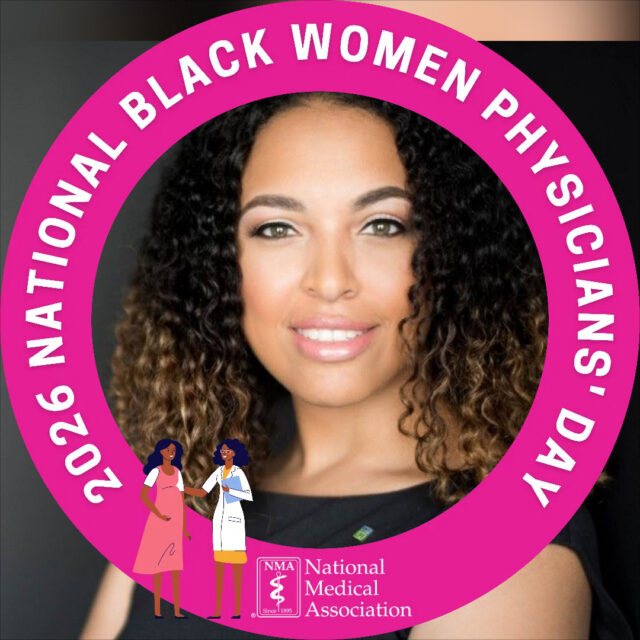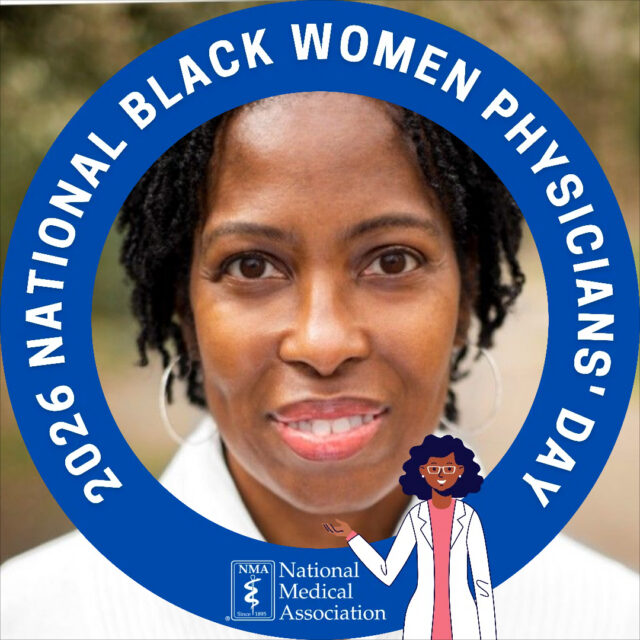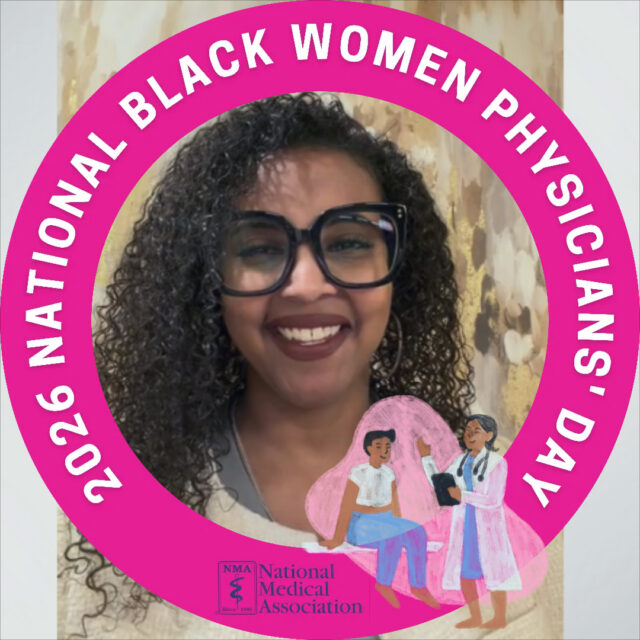Letter from: Family Planning Coalition, signed by 81 organizations (listed below)
Prepared for: Senate Appropriations Subcommittee on Labor, Health and Human Services, and Education and Related Agencies
Concerning: Title X Family Planning Program (Office of Population Affairs)
Chairman Blunt, Ranking Member Murray, and Subcommittee Members:
The undersigned organizations collectively represent millions of providers, patients, administrators, researchers, public health professionals, and advocates who support access to high-quality family planning services. Established 50 years ago, the Title X family planning program helps ensure that millions of individuals can obtain high-quality sexual and reproductive health care. We are deeply concerned by the administration’s continued attacks on the integrity of the Title X program, including the devastating program rule that the Department of Health and Human Services finalized in 2019. Today, more than 1.5 million Title X patients no longer have access to the Title X-funded services at the site they used in 2018 due to the rule.
We urge you to use the fiscal year 2021 (FY21) Labor, Health and Human Services, Education, and Related Agencies appropriations bill to make a strong statement in support of high-quality, evidence-based, and patient-centered family planning care and against the Title X program rule. We request that you include language to block the rule and to allow existing and former networks to rebuild and begin to reverse the damage caused by the rule. With that language in place, we urge you to appropriate $400 million for the program.
Title X is a Critical Source of Care
In 2018, Title X helped close to 4 million people access family planning and related health services at nearly 4,000 health centers. More than half of users identified as people of color. For many individuals, particularly those who have low incomes, are under- or uninsured, or are adolescents, Title X has been their main access point to obtain affordable and confidential contraception, cancer screenings, sexually transmitted disease testing and treatment, complete and medically accurate information about their family planning options, and other basic care. In fact, a study found that in 2016, six in ten women seeking contraceptive services at a Title X health center saw no other health care provider that year.
The data show that Title X makes a difference for patients. In 2016, Title X–supported contraceptive services helped patients prevent an estimated 755,000 pregnancies. Title X also supports important health center efforts that are not reimbursable under insurance, including staff training and community-based sexual and reproductive health education programs. Moreover, research has shown that Title X-supported services saved the federal and state governments approximately $4.4 billion in 2016, and 75% of American adults—including 66% of Republicans, 75% of Independents, and 84% of Democrats—support the program.
Title X’s key role in the public health safety net has been threatened by the Trump administration’s 2019 program rule. Following rule implementation in July 2019, 18 grantees, along with many subrecipients, left the program rather than comply with the onerous, medically unnecessary requirements. In 2018, the approximately 1,000 sites run by those entities served more than 1.5 million patients, including the many patients served by Planned Parenthood. Health centers that remained in the program face the challenge of implementing a misguided rule while attempting to keep their doors open and services available to, and affordable for, patients.
To rectify this situation, we urge Congress to include language in the FY21 Labor-HHS bill that blocks implementation of the rule and allows entities that left the program to rejoin it. It is crucial that remaining and previous grantees be able to rebuild their networks and trusted services once the rule is no longer in place. These steps are critical to ensure that people across the country regain access to affordable services at their preferred family planning provider.
Title X is Severely Underfunded
In addition to the challenges posed by the Title X rule, the program is unable to serve as many patients as need care due to woeful underfunding. In 2016, researchers from the Centers for Disease Control and Prevention, the Office of Population Affairs, and George Washington University estimated that Title X would need $737 million annually to deliver family planning care to all uninsured women with low incomes in the United States. This estimate understates the true need for Title X, as it does not include an estimate of costs for men (who made up 13% of patients in the network in 2018), gender non-binary persons, and the insured patients who rely on Title X’s confidentiality protections.
The gap between the funds appropriated and the funds needed has only grown in recent years. From 2010 to 2016 the number of women in need of publicly funded family planning services increased by 1.5 million, but Congress cut Title X’s funding by $31 million over that period. That decrease unfortunately corresponded to dramatic decreases in patients served at Title X–funded sites, from 5.22 million seen in 2010 to just under 4 million seen in 2018.
We are deeply concerned about diminishing access to high-quality family planning services and urge Congress to take an initial step to reverse this devastating trend by appropriating $400 million for Title X in FY21. This funding increase, however, must be paired with the language referenced above, and we urge you to prioritize blocking the 2019 rule and creating the pathway for entities to reenter the program.
Title X is More Important Than Ever Due to COVID-19
The need for the Title X program and network of providers it funds is even more critical as the novel coronavirus affects communities across the country. Family planning and sexual health services are often time-sensitive, and the need for these services does not stop during a pandemic. In fact, recent public opinion polling shows that a majority of US adults (65%) think now is a bad time for individuals and couples to try to get pregnant, and only five percent of adults would consider it “less essential” for individuals to have access to birth control during the coronavirus pandemic. Now more than ever, the Title X provider network, already struggling in the wake of years of attacks and chronic underfunding, needs the robust support of Congress to continue to provide high-quality family planning and sexual health services.
Furthermore, family planning staffing has been impacted at health centers due in some instances to employees being redeployed to COVID-19 response and because of the individual toll the pandemic has taken on staff, including short-term and long-term absences because employees need to tend to health and family issues. Staffing issues coupled with decreased patient visits and the likelihood that states will need to cut family planning funding in future budgets to help backfill COVID-19 expenditures means that current public funding for safety-net health centers is simply not enough. Access to essential services depends on health centers receiving sufficient funds to remain open and programmatic rules that allow expert providers to offer the best possible care.
**********************************
During the FY21 appropriations process, Congress has the opportunity to stand against relentless attacks on family planning and support strong public funding for the Title X family planning network. The undersigned organizations urge you to begin the expansion of family planning and related health care services with this critical language and meaningful investment in Title X.
If you have any questions or would like additional information, please contact Lauren Weiss at the National Family Planning & Reproductive Health Association at lweiss@nfprha.org or 202-552-0151
Thank you for considering these requests.
Sincerely,
| Abortion Care Network | Association of Nurses in AIDS Care |
| ACLU | Association of Schools and Programs of Public Helath |
| AIDS Action Baltimore | Association of Women’s Health, Obstetric and Neonatal Nurses |
| AIDS Alabama | Black AIDS Institute |
| AIDS Alliance for Women, Infants, Children, Youth & Families | Black Women’s Health Imperative |
| AIDS Foundation of Chicago | Cascade AIDS Project |
| AIDS United | Catholics for Choice |
| Alliance for Justice | Center for American Progress |
| American Academy of Pediatrics | Center for Reproductive Rights |
| American Atheists | Endocrine Society |
| American College of Nurse-Midwives | Equality California |
| American College of Obstetricians and Gynecologists | Equality North Carolina |
| American Medical Student Association | Equity Forward |
| American Public Health Association | Girls Inc. |
| American Sexual Health Association | Guttmacher Institute |
| American Society for Reproductive Medicine | Hadassah, The Women’s Zionist Organization of America, Inc. |
| Healthy Teen Network | Ryan White Medical Providers Coalition |
| HIV Medicine Association | San Francisco AIDS Foundation |
| Human Rights Campaign | SIECUS: Sex Ed for Social Change |
| If/When/How: Lawyering for Reproductive Justice | Silver State Equality-Nevada |
| In Our Own Voice: National Black Women’s Reproductive Justice Agenda | Society for Adolescent Health and Medicine |
| Ipas | Southern AIDS Coalition |
| Jacobs Institute of Women’s Health | The AIDS Institute |
| Jewish Women International | The Well Project |
| NARAL Pro-Choice America | Treatment Action Group |
| NASTAD | Union for Reform Judaism |
| National Abortion Federation | Women of Reform Judaism |
| National Asian Pacific American Women’s Forum (NAPAWF) | National Association of County and City Health Officials |
| National Coalition of STD Directors | National Council of Jewish Women |
| National Family Planning & Reproductive Health Association | National Hispanic Medical Association |
| National Institute for Reproductive Health (NIRH) | National Latina Institute for Reproductive Health |
| National Medical Association | National Network of Abortion Funds |
| National Organization for Women | National Partnership for Women & Families |
| National Women’s Health Networ | National Women’s Law Center |
| North Carolina AIDS Action Network | Nurses for Sexual and Reproductive Health |
| Ovarian Cancer Research Alliance | PAI |
| People For the American Way | Physicians for Reproductive Health |
| Planned Parenthood Federation of America | Population Connection Action Fund |
| Population Institut | Power to Decide |
| Raising Women’s Voices for the Health Care We Need | Religious Coalition for Reproductive Choice |
| Reproductive Health Access Project | |








